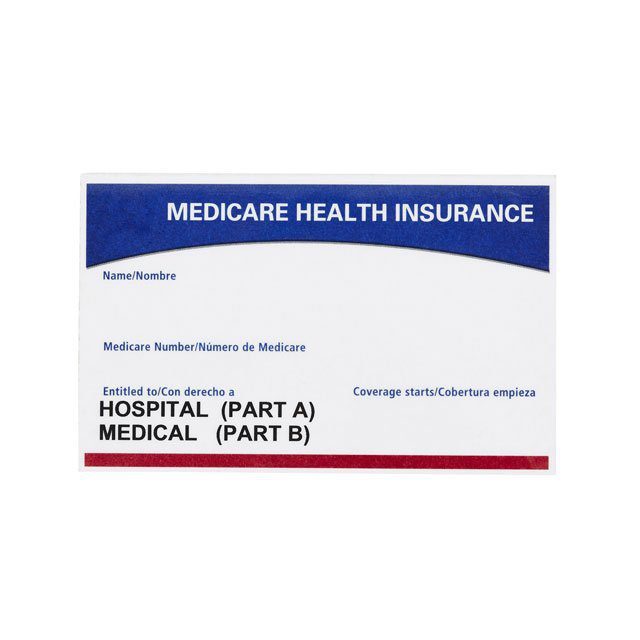What Medicare Part A and Part Leave Out: A Medicare Customer Question

What You Need to Know
Original Medicare does not help with teeth.
It also skimps on coverage for eyes and ears.
By itself, it provides poor coverage for very long hospital stays.
With the increase of Medicare premiums, consumers should know what services are covered and not covered by Medicare plans to determine which one is best for them.
Medicare Part A is hospital insurance that helps cover inpatient hospital and skilled nursing facility stays, surgery, hospice care, and some home health care.
Medicare Part B is medical insurance that covers doctor visit bills, outpatient care bills, some preventative services, and some essential equipment.
Thus, it is important to explore gaps in coverage to decide if Medicare Advantage (Part C), Medicare Part D (prescription drug plan), or Medicare supplement insurance should be incorporated into a beneficiary’s health plan.
The Question
What type of care isn’t covered by Medicare?
The Answer
Medicare Part A and Medicare Part B, also known as Original Medicare, does not cover the following services:
Prescription drugs.
Long-term care.
Deductibles and copays.
Hearing aids.
Routine vision care, including eyeglasses/contact lenses.
Routine dental care, including dentures.
Original Medicare does not cover most prescription drugs; however, one can sign up for Part D or Medicare Advantage during the annual open enrollment season, which runs from Oct. 15 through Dec. 7, to fill this gap.
Exceptions to the Exceptions
Medicare Part B covers outpatient drugs in certain circumstances.
Drugs covered under Medicare Part B are typically administered at a doctor’s office or in a hospital outpatient setting.
Examples include drugs used with an item of durable medical equipment and injectable osteoporosis drugs.
Long-Term Care Risk
Long-term care often accounts for the highest out-of-pocket costs.
Extended nursing home stays, assisted living facility stays, and custodial care are not included in Original Medicare coverage.
Medicare Part A covers highly specialized skilled nursing facility care for up to 100 days over the course of a beneficiary’s benefit period.
Medicare fully covers if one has received inpatient hospital care for at least three days and if one is admitted into a facility generally within 30 days of leaving the hospital.
For long-term care, it is important to keep in mind that Medicare Advantage also does not cover many of these bills either.
Private long-term care insurance is the best option in this case.




